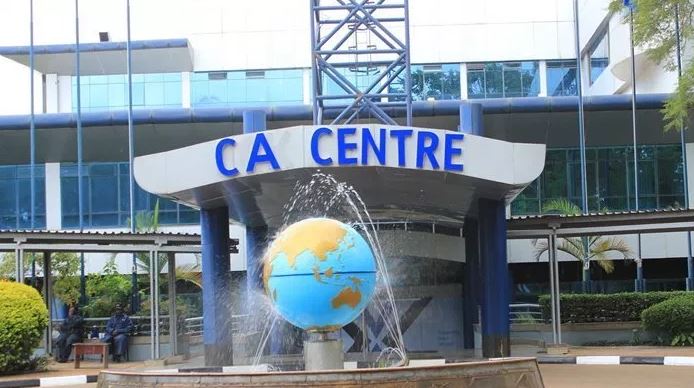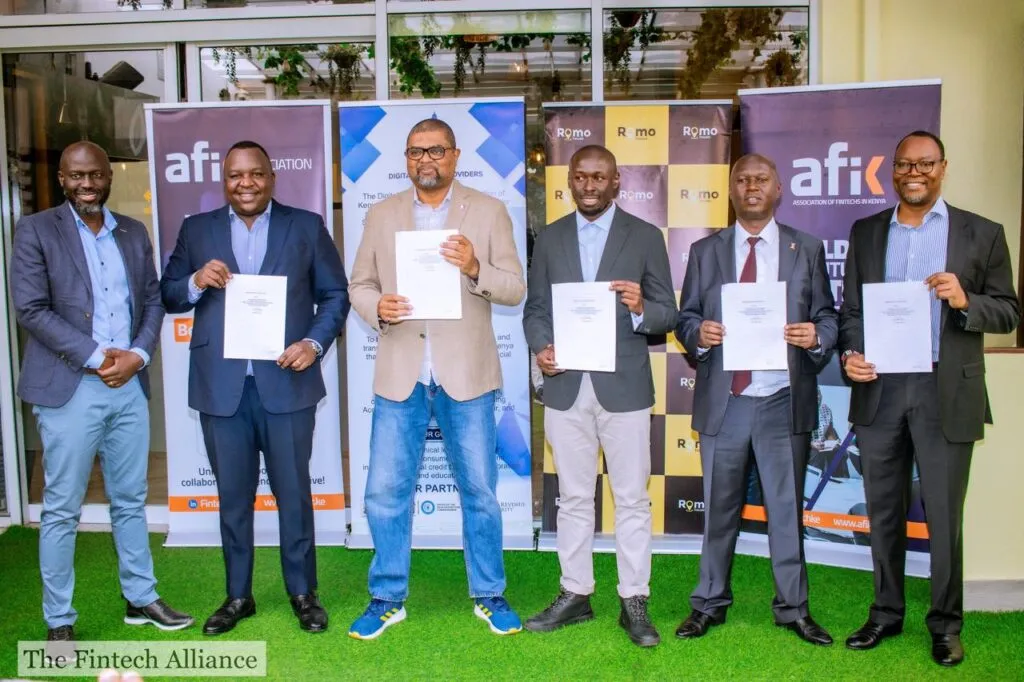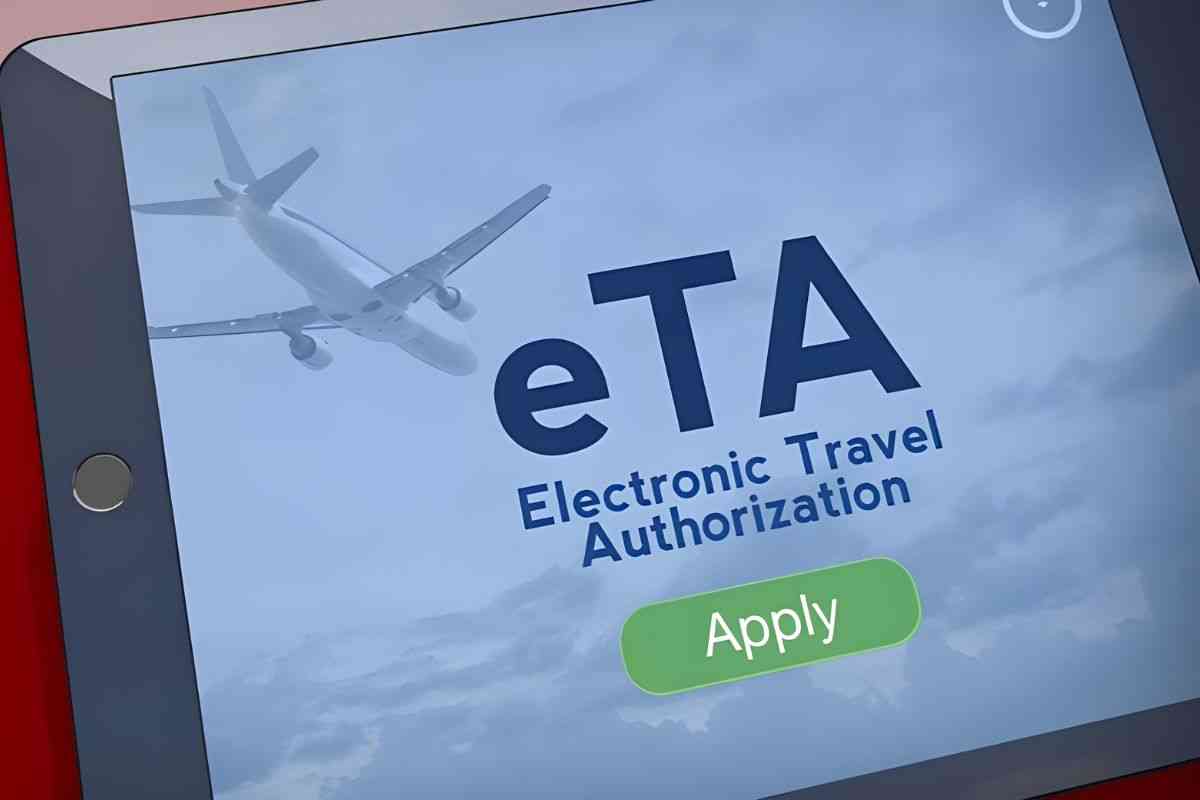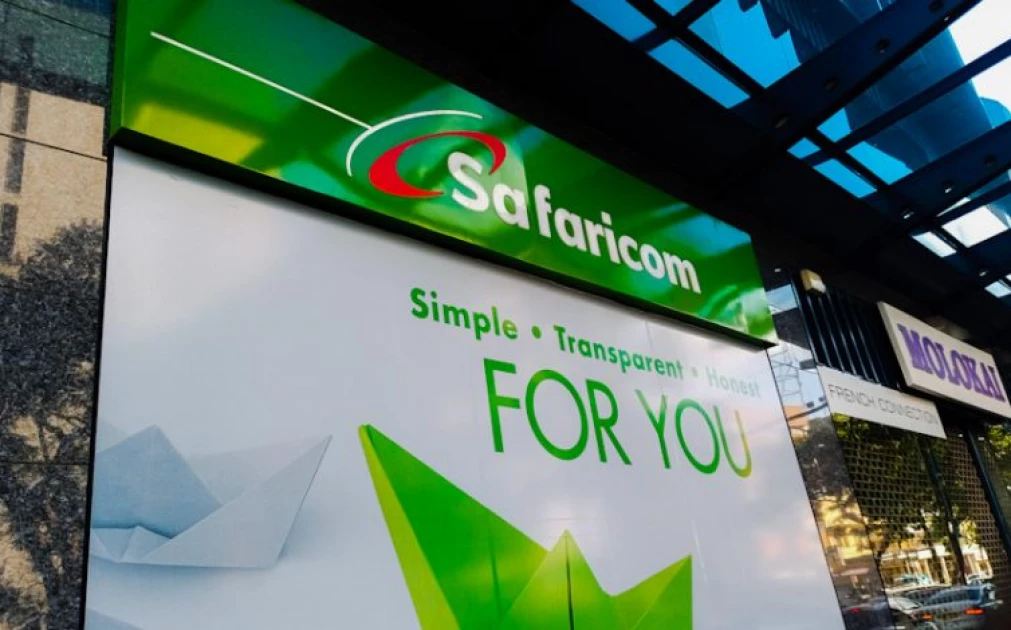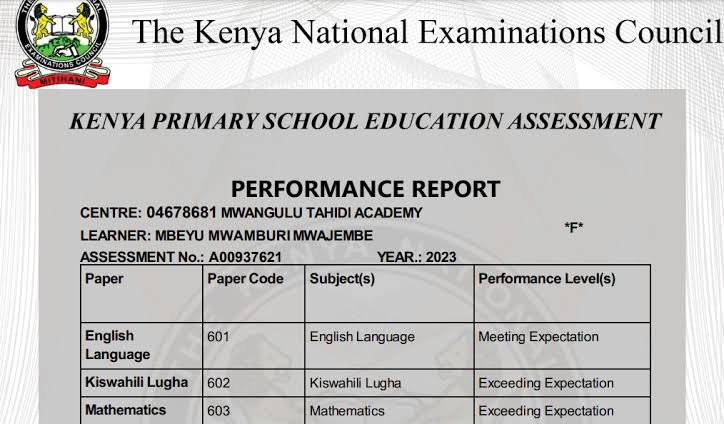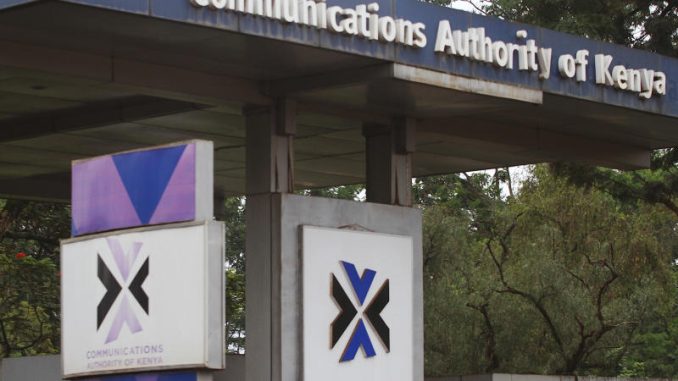On Tuesday, Safaricom, in collaboration with two fund managers, Standard Investment Bank and ALA Capital Limited, announced the formal launch of Ziidi MMF, a money market fund that uses M-PESA’s convenience to give clients an easier, quicker, and more intelligent way to invest and build wealth.
Ziidi MMF is a unit trust that allows users to invest money from their M-PESA wallet into their Ziidi account and receive daily interest. Interest accruals are deposited into the investor’s Ziidi wallet, enabling their funds to increase in value.
Read also: Safaricom M-PESA partners with Awash to enhance digital payment in the insurance industry
Customers can use the product to manage, build, and control their wealth and finances by making free deposits and withdrawals through their M-PESA wallet.
The Ziidi Money Market Fund has more than 450,000 opt-ins and more than KES 2.85 billion in assets under management since it opened to the public in December 2024.
The Capital Markets Authority (CMA) regulates the fund, which is run by a group of fund managers. The launch demonstrates Safaricom’s dedication to promoting financial inclusion by making wealth creation and investing easy and available to everybody.
“Ziidi MMF is part of our continued efforts to diversify M-PESA beyond payments and deepen financial wellness. “Ziidi ni Ziidi” introduces the mindset that a little goes a long way, and any kind of growth is valuable. This empowers people to define prosperity on their own terms, and make wealth creation achievable to all,” said Dr. Peter Ndegwa, CEO Safaricom PLC.
How to start investing
Customers can use the M-PESA App or USSD to opt into Ziidi MMF by simply dialling the short code *334*5#. Once they have done so, they can begin investing right away.
While there is no maximum investment limit in Ziidi MMF, there is a daily M-PESA transaction limit of KES 500,000 and a per-transaction limit of KES 250,000. Ziidi MMF gives customers visibility of the daily interest rate earned, making investing and growing money easy, transparent, and worry-free.
Understanding the value of flexibility, Ziidi MMF allows users to manage their money as they see fit by providing free deposits to their Ziidi MMF account and withdrawals into their M-PESA wallets.
With as little as KES 100, clients can opt in and begin their investment experience on Ziidi MMF.
“As we launch Ziidi MMF, we are making an invitation to every Kenyan, irrespective of their financial standing, to take the first step towards wealth creation. Together, let’s embrace this responsibility and let Ziidi MMF be the catalyst for a future where every Kenyan has the means to wealth creation in their own way,” concluded Dr Ndegwa.
Read also: Fresh crisis erupts between Genghis Capital and Safaricom over M-Pesa-backed unit trusts
Fund Managers express enthusiasm over partnership with Safaricom
“We are excited to partner with Safaricom as a fund manager for Ziidi Money Market Fund. Our commitment to investors is that we will strive to offer them exceptional profits to help them achieve their financial goals. Based on our track record of providing above-market-average returns, I am confident in our ability to deliver this promise,” said James Wangunyu, SIB’s Founder & Managing Director.
“By combining our institutional synergies with Safaricom, we hope to provide an attractive investment portfolio, which will, in turn, enhance financial inclusion among low- and mid-income earners in line with the government’s bottom-up economic transformation agenda,” he added.
“Ziidi MMF represents not just an opportunity for financial growth, but also a reflection of Safaricom’s commitment to innovation, responsible investing, and creating long-term value to its investors. This solution ensures that every Kenyan can achieve their financial goals while enjoying the flexibility of managing their investments directly through their mobile devices,” said Sean Gichuru, ALA’s Chief Investment Officer.
“At ALA Capital, we believe that success is not just measured by financial returns, but by the positive impact we create in our community and the world around us. We are humbled and honoured to be a part of this historical journey that aims to provide a unique investment experience,” Mr Gichuru added.
Additionally, customers can choose to lock their money to prevent unforeseen withdrawals.
Apart from the Ziidi Money Market Fund, Safaricom intends to develop and create additional solutions to meet the diverse demands of its clients in order to guarantee their financial stability and security.
